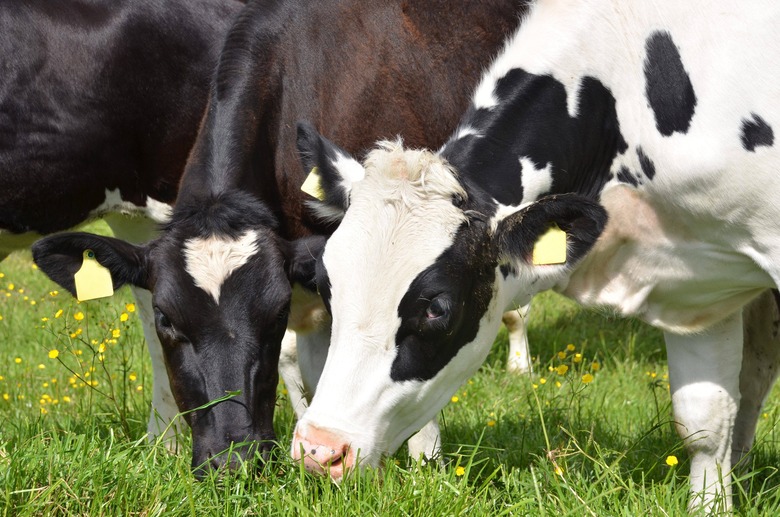Study Finds Organic Meat And Milk Contain More Healthy Fatty Acids
Two new scientific papers published in The British Journal of Nutrition shed new light on differences between organic milk and meats and their nonorganic counterparts. The papers drew conclusions based on meta-analyses of previous studies rather than from new experiments.
Researchers found that levels of omega-3 fatty acids, which are beneficial in lowering risk of heart disease, were 50 percent higher in the organic products, reports The New York Times. They also found that levels of omega-6s, another polyunsaturated fat, were slightly lower in organic meat and dairy.
Regarding this disparity, Charles M. Benbrook, an organic industry consultant and study co-author, says, "It's not something magical about organic. It's about what the animals are being fed." In essence, it is the fact that animals are grazing on grass rather than grain and not the absence of antibiotics, hormones, or genetically modified feed that is attributed to the higher-levels of omega-3s.
Dr. Walter C. Willett, chairman of the nutrition department at the Harvard T.H. Chan School of Public Health, says these differences between organic and nonorganic beef are trivial. "Far greater, and beneficial, differences in fatty acids are seen if poultry and fish replace red meat," says Willett.
